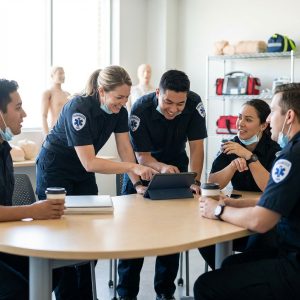Our Latest Blog
Explore our American Heart Association blog for expert insights on CPR training, BLS certification, and life-saving techniques to enhance your skills and knowledge.

Best ACLS Recertification Options for Rural Northern California Healthcare Professionals
February 21, 2026
No Comments

Safety Training Seminars vs National CPR Foundation: California Board Accepted Certifications
February 20, 2026
No Comments








